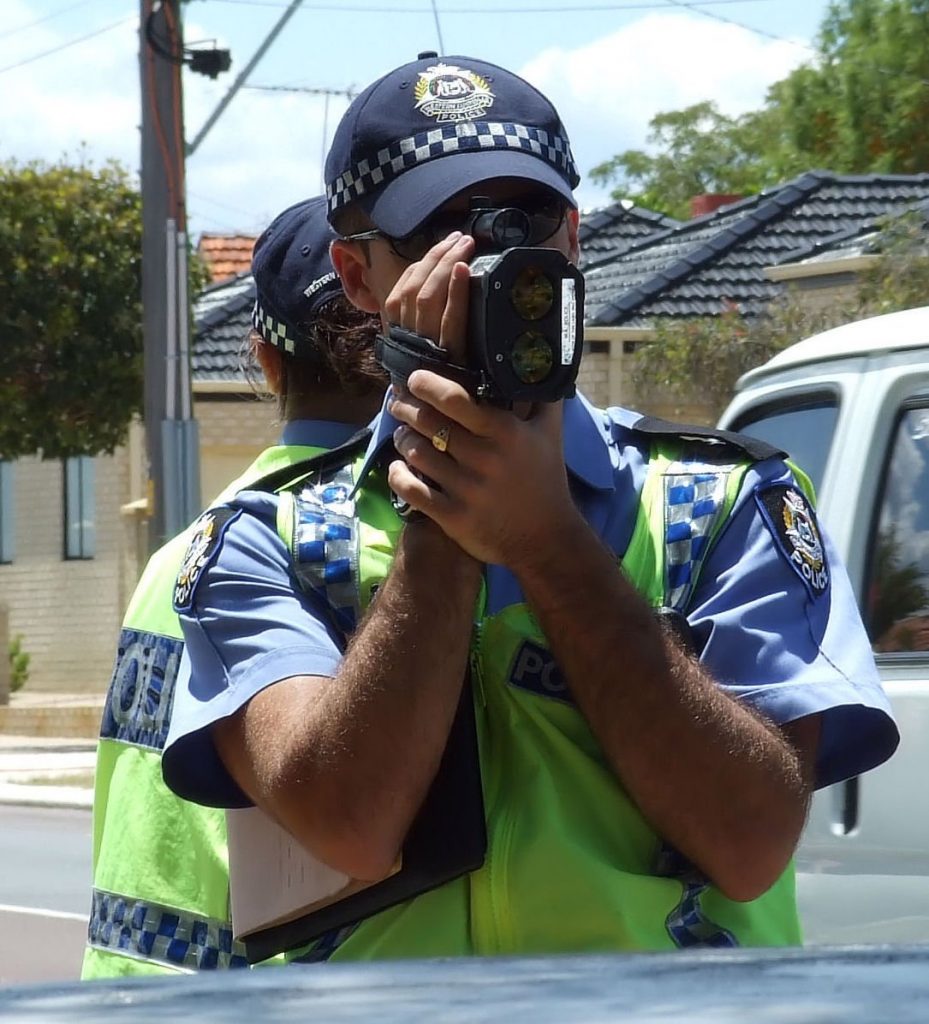JUST AS IN AUSTRALIA, the UK road toll reduction has levelled off, and discovering why is an important first step in getting back on track (although the ridiculous Victorian notion of “towards zero” will forever be out of reach).
The UK’s largest independent road safety charity, IAM RoadSmart, strongly welcomes the (UK) Government’s call for a review into the policing of UK roads to provide evidence to explain why the number of road casualties has plateaued since 2010.
The call, announced by Baroness Vere of Norbiton yesterday, stated that prior to 2010 the UK had experienced year-on-year reductions in the number of people killed and seriously injured on the roads. Since then, further reductions in the number of casualties have not been achieved.
It went on to say that the growing number of driver assistance systems, such as autonomous braking and blind spot assist, have improved road safety. But, at the same time the advancements in vehicle infotainment systems and mobile phone technology have caused an increase in sources of distraction for drivers.
Earlier this year, IAM RoadSmart shared the findings of a study which concluded that the latest vehicle infotainment systems impair reaction times behind the wheel more than alcohol and cannabis use.
Rebecca Ashton, Head of Policy and Research at IAM RoadSmart said, “IAM RoadSmart strongly welcomes a review of the effectiveness of roads policing in the UK. Our annual Safety Culture Report shows strong support for the enforcement of traffic laws with drink and drug driving in the number one spot.”
“A reduction in dangerous behaviour on our roads can only be gained by driver education and consistent deployment of roads policing backed-up by the best possible intelligence information. The COVID-19 lockdown has demonstrated that criminality and traffic offences are inextricably linked and the best way to deal with this is by ensuring that the police are resourced properly.
“In our view, making roads policing a Home Office priority and a key performance indicator for chief constables and police commissioners, combined with greater emphasis on driver education, would be the most effective ways to achieve this.”
In the UK, on average five people a day were killed and the number of people killed on the roads each year is more than twice the number of deaths from homicides with a further 25,000 plus being seriously injured.

The call for a review of roads policing in the UK is perhaps even more urgently needed right here in Australia.
Our laws are inconsistent, and inconsistently policed. As for driver education, Australia has perhaps the worst record of any developed nation. It’s time some decisive action was taken in Australia to effectively reduce the carnage on our roads, and that isn’t the usual knee-jerk reaction to reduce speed limits and increase penalties.
What’s being done now is patently not working. People constantly get back on the roads after having their licence suspended, drive unregistered and uninsured vehicles, ignore road rules (what incentive is there to stop at a red light if you don’t have a licence and your car is unregistered?) and generally treat a driver’s licence as a right, not a privilege.
Of course, nothing will happen. Police commissioners will continue to wring their hands and deplore the irresponsible actions of dangerous drivers, while penalising law-abiding drivers for minor and inconsequential breaches.
